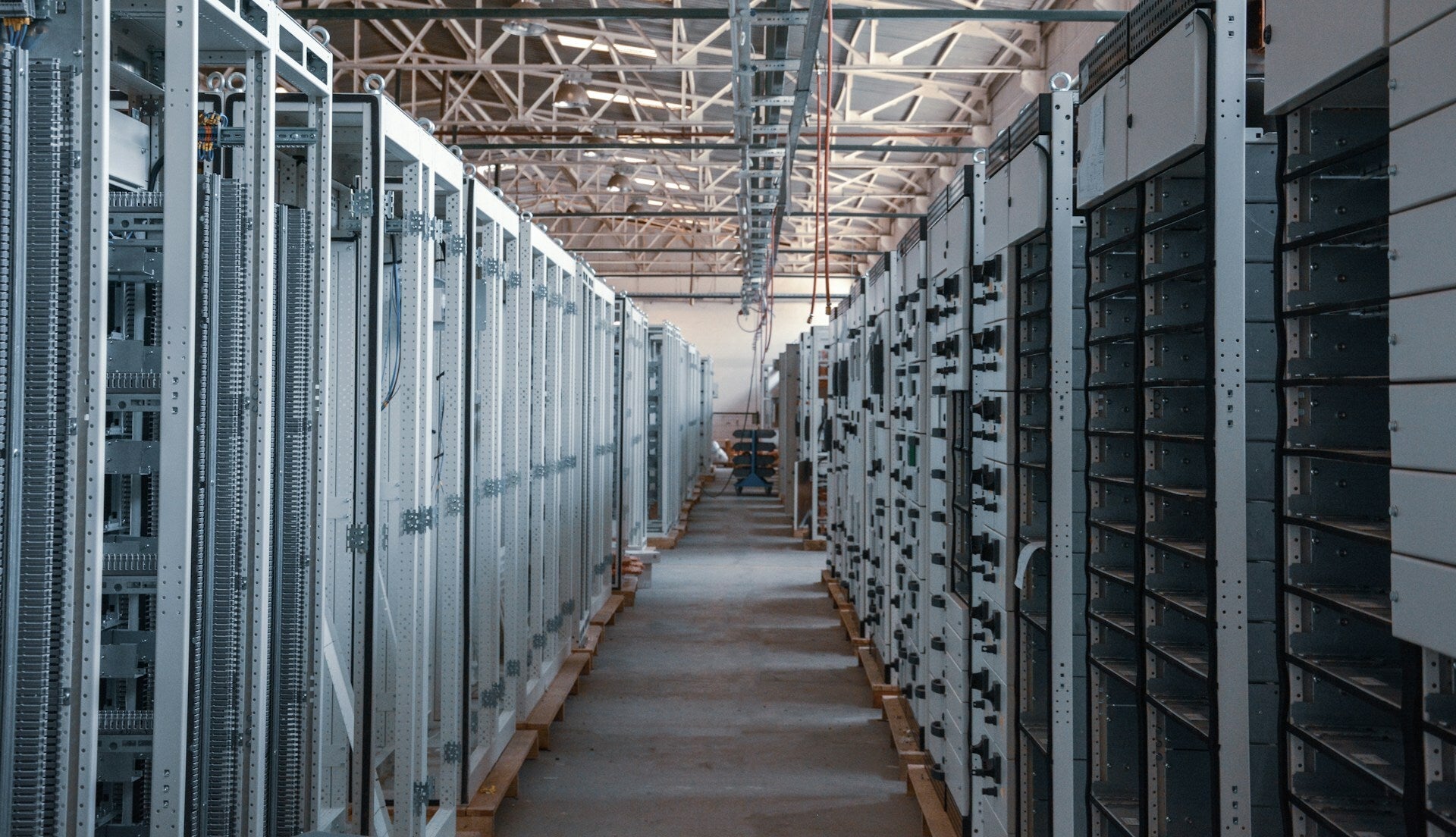Jeff Bezos has a new space dream, and it's bigger than you think
At Italian Tech Week, the Amazon founder painted a sci-fi-like future where millions of people live and work in space.

Image Credit – NASA on Unsplash
Jeff Bezos, the founder of Amazon, recently showed up at Italian Tech Week in Turin – and let's just say, he had quite the vision to share. What he described sounds less like a business plan and more like something straight out of a sci-fi movie.
Jeff Bezos, the founder of Amazon, recently showed up at Italian Tech Week in Turin – and let's just say, he had quite the vision to share. What he described sounds less like a business plan and more like something straight out of a sci-fi movie.
Jeff Bezos says millions of people will live in space
Interestingly, this space dream doesn't exactly line up with that of another famous billionaire. Elon Musk imagines a million people living on Mars by 2050. Bezos, on the other hand, seems to be aiming for something much closer – and maybe a little more futuristic.
Big dreams? Definitely.

Right now, data centers are still on Earth. | Image Credit - İsmail Enes Ayhan on Unsplash
Huge data centers in space
Bezos also predicted that enormous data centers will be built in space within the next 10 to 20 years. His reasoning? Up there, solar power never runs out – so these data centers could easily outperform the ones we have on Earth.
Would you ever live in space if it became possible?
Absolutely — sign me up
38.46%
Maybe, if Earth gets too crowded
7.69%
Only for a short visit
23.08%
No way, I'm staying right here on Earth
30.77%
Right now, data centers for AI use a ton of electricity and water to stay cool. So, the idea of moving them into orbit isn't entirely new – but Bezos seems confident it'll happen sooner than most people think.
He also said that this move toward building in space is part of a larger trend – using space not just to explore, but to make life on Earth better.
Sounds exciting… but is it realistic?
So who knows? Maybe some of us will end up living in space one day. Not me, though – I'm far too attached to forests and fresh air for that.
Follow us on Google News













Things that are NOT allowed:
To help keep our community safe and free from spam, we apply temporary limits to newly created accounts: